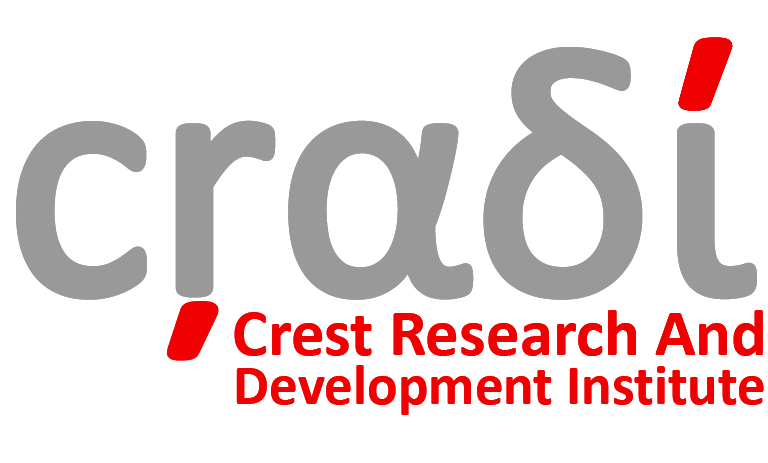Client - IMMAP-INGO Forum France

Objective:
Training curriculum to enhance organizational sustainability
Practice Area:
Developmental Aid & Partnership
Status:
Completed
Locations:
Northeast Nigeria
Start Date:
July 2022
End Date:
July 2022
Project Summary
Launched in November 2019, the Promoting Local Response Capacity and Partnership (PLRCAP) initiative aimed to provide institutional strengthening to local and national organizations working in the humanitarian response in Northeast Nigeria. The initiative’s objective was to deliver a training curriculum to enhance organizational sustainability, create partnership and mentoring opportunities to foster learning, and establish networks to strengthen the local humanitarian response. In its second year, in August 2021, PLRCAP engaged 15 organizations and 3 networks of local and national responders, bringing the total number of participating organizations to 18 for the second cohort of the project.
iMMAP and NIF commissioned a final project evaluation to assess the relevance, effectiveness, efficiency, impact, and sustainability of the content and approach of the second year of PLRCAP, to inform future project design and programming.
The specific objectives of the study were as follows:
- To assess the relevance, effectiveness, efficiency, and eventual impact and sustainability of PLRCAP.
- To assess the element of partnership in the initiative and how it could be strengthened in further interventions.
- To identify enabling factors and obstacles that may have accelerated or inhibited progress towards achieving project objectives and make recommendations for future interventions.
- To assess and map out current interventions that provide a sustainable capacity-strengthening platform for local and national NGOs and how they could be incorporated into the future program.
CRADI employed a mixed research method, incorporating qualitative and quantitative results-based approaches. The revised Organization for Economic Cooperation and Development-Development Assistance Committee Criteria (OECD/DAC) was used to examine the project’s relevance, efficiency, effectiveness, lessons learned, and sustainability after the implementation period. A hybrid model of both in-person and virtual methods was used to collect data. This involved conducting 2 in-person and 14 video-conference-based key informant interviews (KIIs) with 18 respondents, an online-administered survey completed by 37 beneficiaries, and 3 Focus Group Discussions (FGDs) with 29 respondents.
Project Gallery












